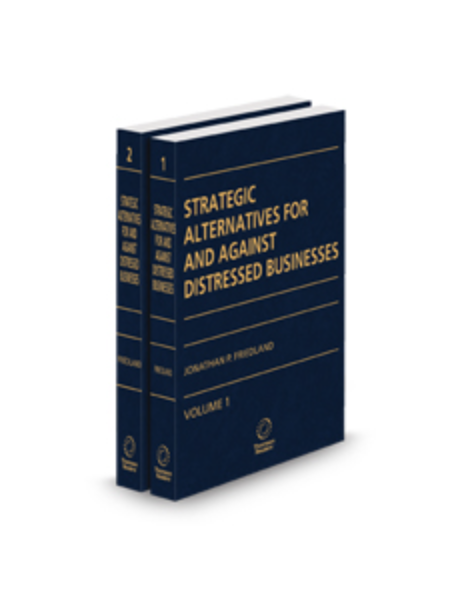Religious Organizations and Fundraising During COVID
In the United States, religious organizations and churches are considered charitable organizations and are exempt from federal and state income and property taxes. The COVID-19 pandemic has changed the way worshipers congregate across the United States in unprecedented ways. The last time a pandemic shut down the country there was no video chat, social media, or electronic donation programs to keep communities informed instantaneously. For places of worship, this is an unprecedented time in which gathering for services in-person is restricted but gathering virtual is a possibility. First and foremost, millions of Americans have lost an essential part of their life, but organizations themselves have also lost their primary means of fundraising. There are still ways for them to communicate and facilitate fundraising in order to work toward recovery and reinstitution of in-person services.
Although many religious organizations do not need to file with the IRS to establish their nonprofit status, they do function like them. Religious organizations function using donations and receive most of those funds through weekly collections from the congregation. When congregations could no longer gather in houses of worship, many religious organizations were ill-prepared to adapt. Many have since added electronic donation options to complement their streaming services. These are both highly effective for the time being, and the process of expanding their digital footprint has fantastic benefits for the future. This facilitates greater access to giving and in turn some organizations are seeing more giving. Additionally, many people have enjoyed access to live-streamed masses and hope it continues into post-pandemic times in case they wish to attend services but cannot attend in person for whatever reason.
When the COVID-19 pandemic struck the United States, a vast number of churches did not have an electronic donation system leaving them unable to collect donations from the community save those that people mailed or dropped off donations in person. For hundreds of years, religious organizations have used in-person offertory donations as a primary form of funding, but transitioning into other, new forms of fundraising is critical at this time. The fundraising tips that are used by non-religious nonprofits are by all means applicable to these religious organizations. They must be willing to try new ideas, offer a variety of giving options, update their communities regularly (daily/weekly), be transparent about finances, and communicate in a familiar way. Congregations are comprised of people of all ages, degrees of technological familiarity, and socioeconomic backgrounds. Being able to facilitate online giving, dropped off donations, mailed in donations as well as properly communicating how to do so in combination with why is essential to maximizing an organization’s fundraising potential and connection with donors. Creating an online offertory page and supplementing it with a digital bulletin or newsletter is a great way to accomplish this. This way, communities are getting the same outcome just in a different manner. This, paired with familiar communication and language, can be quite comforting and promote giving in these unfamiliar times.
Members of religious communities value their community immensely and will support it especially in challenging times as people often turn to them with greater frequency. Communicating with congregations and meeting them where they are—whether that is online, through the mail, or with a drop off box— is essential to facilitating giving. Remaining positive and creative during crises is essential to being able to adapt and return to traditional ways of worship in the near future. Try some of these tips to find what works for your congregation and organization.
Want help revitalizing your fundraising strategy and maximizing the operating efficiency of your nonprofit organization? Reach out to the experts at NMBL at info@nmblstrategies.com to learn more about what we can do for your organization.




